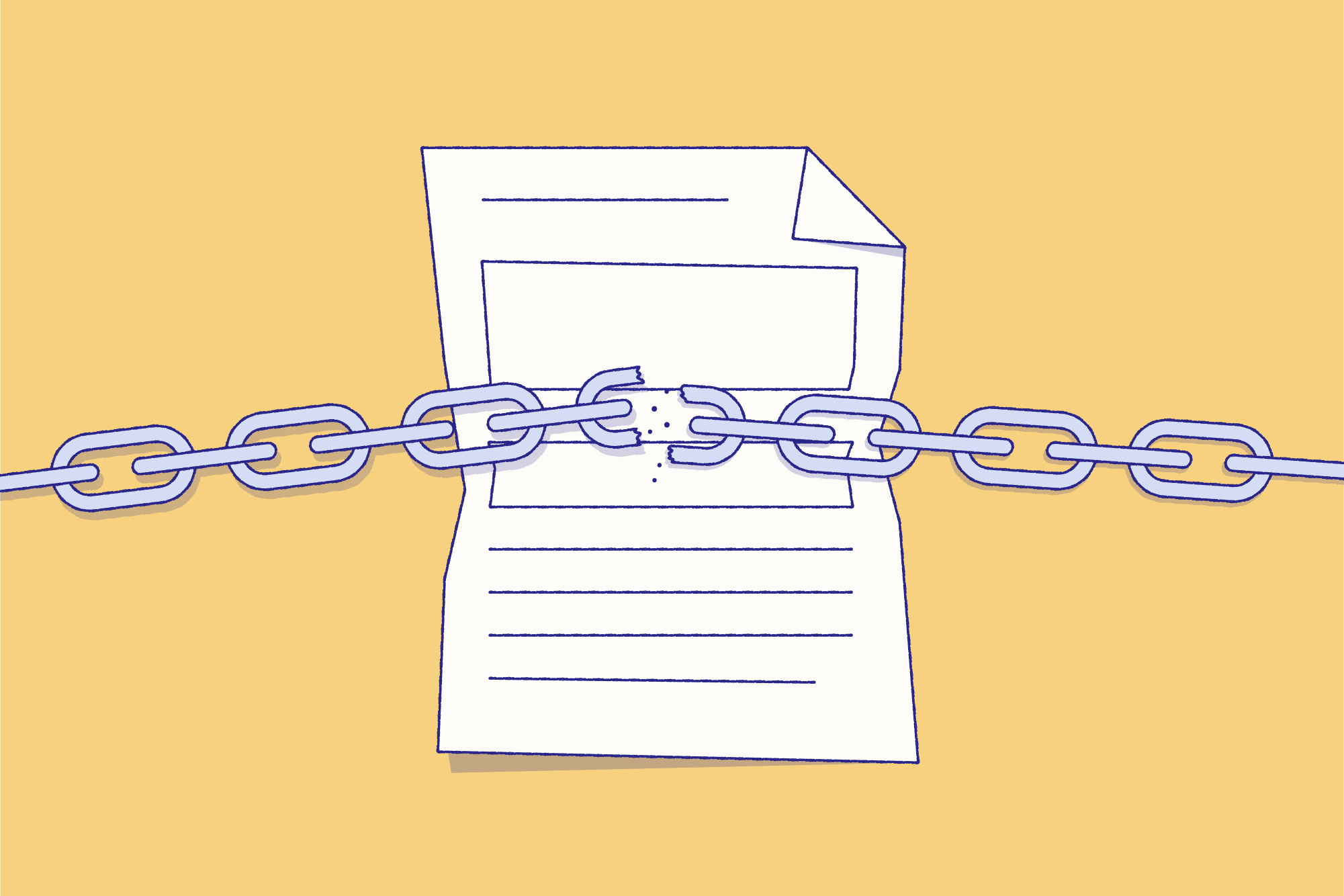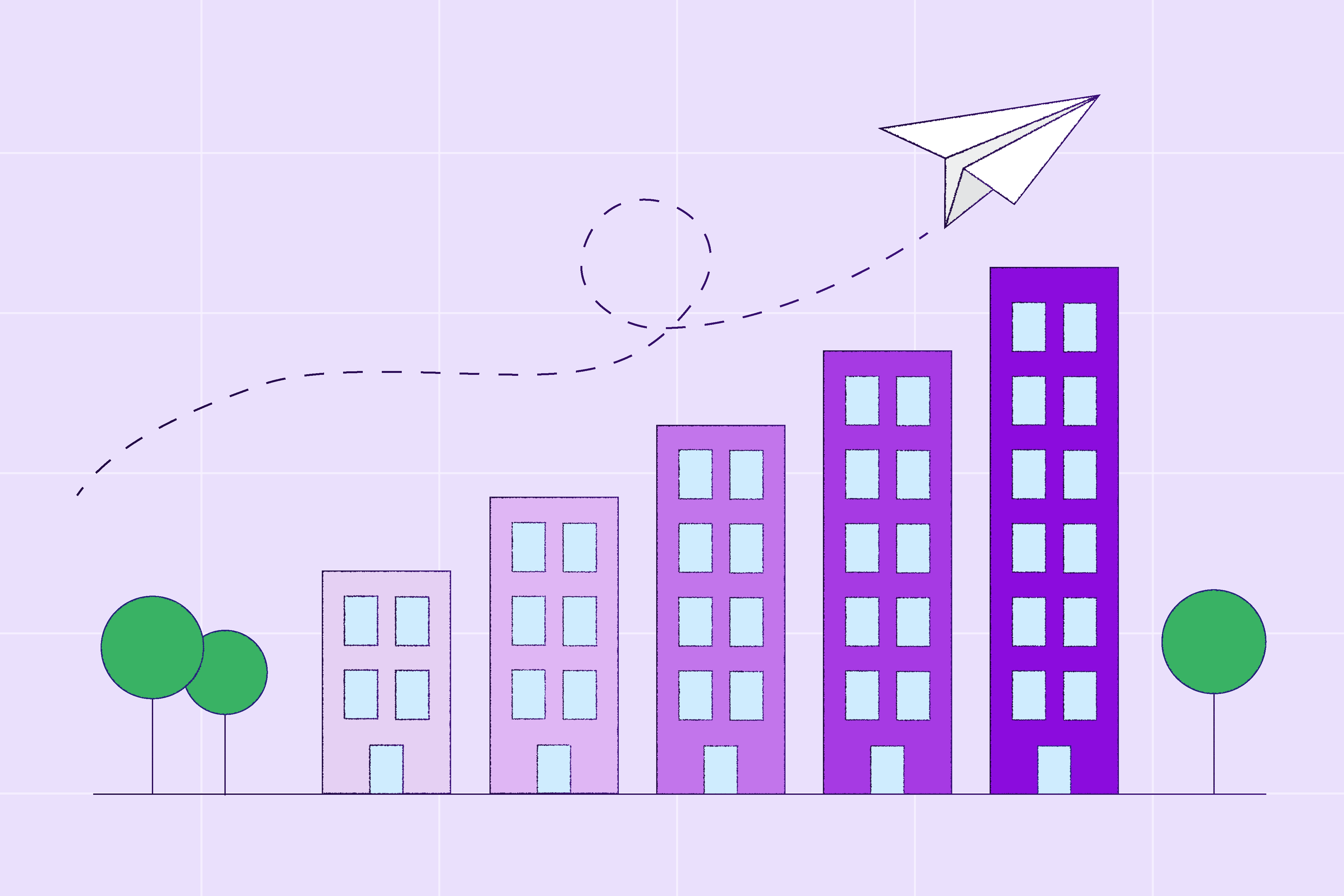Procurement Contract Management Best Practices
Contract management is an important part of procurement that is often overlooked. It might not be as exciting as chasing down savings or putting together a big RFP, but good contract management is crucial to the success of any organization, large or small.
Unless you can effectively and efficiently manage the contracts you have with your customers, vendors, and other procurement partners, you can never be certain you’re meeting your customer’s needs—or that your partners are meeting yours.
Many organizations think contract management starts after a contract has been signed. But smart procurement teams begin well before the ink—or these days, the digital signature—hits the last page of the contract. Negotiating terms and conditions, certifying compliance and documenting amendments—these are all part of the contracting process, and proactive procurement professionals ensure they incorporate these activities into their contract management too.
Strong contract management is more than just filing legal documents. These contract management best practices can help procurement teams drive performance, improve efficiency, and lower costs.
Best practice 1: Manage contracts upstream, not just downstream
Activities prior to the award of a contract are “upstream” contract management actions—and they shouldn’t be neglected.
Procurement professionals need to understand the purpose of the contract and judge whether it’s an appropriate agreement. Will, for instance, the vendor be able to meet the contract terms and deliver as arranged? If not, why? And what can be done about it? By considering the practicalities and likelihood of performance of a contract, procurement professionals can add significant value to their operation even before a contract has been awarded.
Best practice 2: Identify goals
Before a contract is drafted, the procurement team should identify the goals and objectives the business is attempting to achieve by agreeing to the contract. By putting the business goals first, procurement professionals can set the expectations and track both the appropriateness and the performance of the contract.
When defining the objectives and expectations, review as much supporting information and documents as possible—including regulatory or legal requirements that pertain to the execution of the contract.
A good contract management system makes these upstream activities simpler. This software helps companies create and maintain their contracts, service-level agreements, and procurement master agreements. Contract management systems serve as central repositories for the organization’s standardized contracts. But they’re also a drafting tool, a method for executing new contracts, and a way to track the contract cycle across the company. They are a crucial piece of technology that proved their weight in gold during the global pandemic.
Best practice 3: Write contracts that reflect relationships
Contracts are vital for helping an organization understand its rights and responsibilities. During the height of the pandemic, many companies reached for their contracts to understand how to protect themselves from suppliers who were unable to deliver goods, and customers whose needs could not be fulfilled. Yet contracts should not be written simply to be enforced. Instead, they need to reflect the relationships they represent. Write contracts that will help you and your suppliers meet your objectives and grow together.
Once an agreement has been signed, the procurement team must meet its downstream contract management objectives. These are what people traditionally recognize as contract management.
During the pandemic many suppliers were claiming that they could not fulfill their contracts due to disruptions in transport links and lockdowns preventing staff from manufacturing goods. Customers needed to consult their contracts to understand if they could get out of their agreements. But if the contracts weren’t maintained in a contract management system, or if they were simply written on paper and locked in an office drawer, then it was impossible for procurement professionals working from home to access them.
Best practice 5: Centralize
If a contract is not stored in a central location—if the people who need to can’t access it—then it doesn’t matter how good the agreement is, because no one will know if it is being enforced or not.
Best practice 6: Review constantly and audit regularly
Once a contract has been executed, there’s still more work to be done. Procurement needs to ensure all obligations have been met to the correct specifications, at the appropriate performance levels—and on time. They need to make sure payments are made and that all the books are in order. Above all, they need to make sure that the business’s goals and objectives have been met.
Contract management is also about making sure that all contracts are working together for the good of the organization. So, it’s important to regularly audit all contracts to measure performance and identify any exposure to risks across all the company’s agreements.
Keep all your contracts in one place. By using a central repository for your procurement agreements, you can more easily track contract performance, review terms and conditions, anticipate renewals and manage your suppliers. Using a contract management system also helps you better manage your suppliers and identify ways to reduce tail spend and maverick spend.
Best practice 7: Standardize
Contract management systems also help you more easily standardize your contract terms. When all your contracts are stored digitally in one place, procurement teams can look across all contracts to quickly find terms they’ve used before, making the drafting of new contracts so much faster.
Best practice 8: Identify KPIs
But while your contract management system is monitoring the performance of your contracts, make sure you’re also monitoring the performance of your contract management system. Track key performance indicators that help you manage your overall contracts better. Since the role of a good contract management system is to improve the value of your contracts, track contract terms and make the renewal process more efficient, the best KPIs to use are contract efficiency, contract effectiveness, and contract risk.
Smart contract management will help your procurement team add value and improve business relationships. For more advice on procurement contract management, check out Fairmarkit’s blog, The Source.





